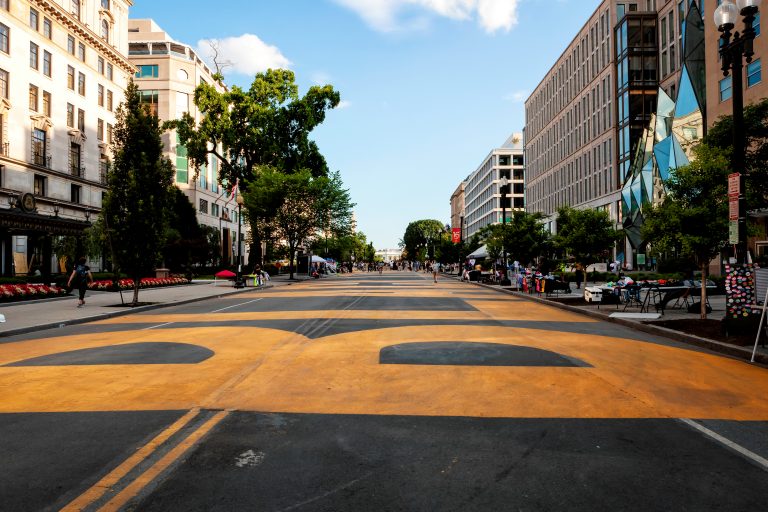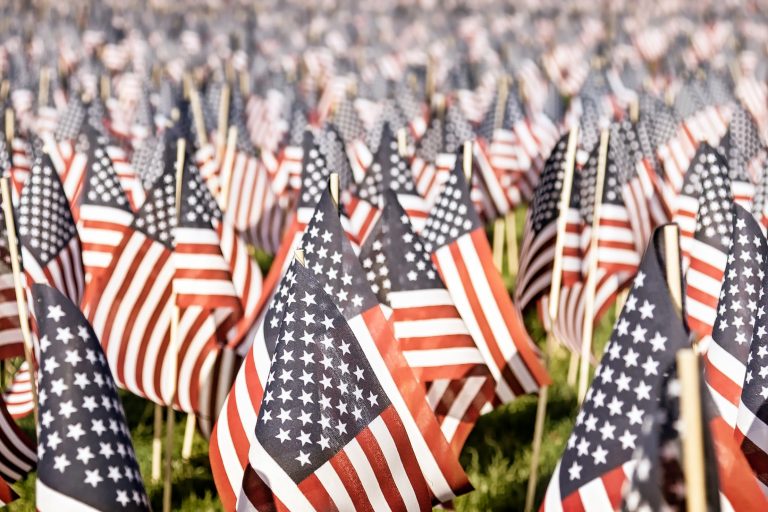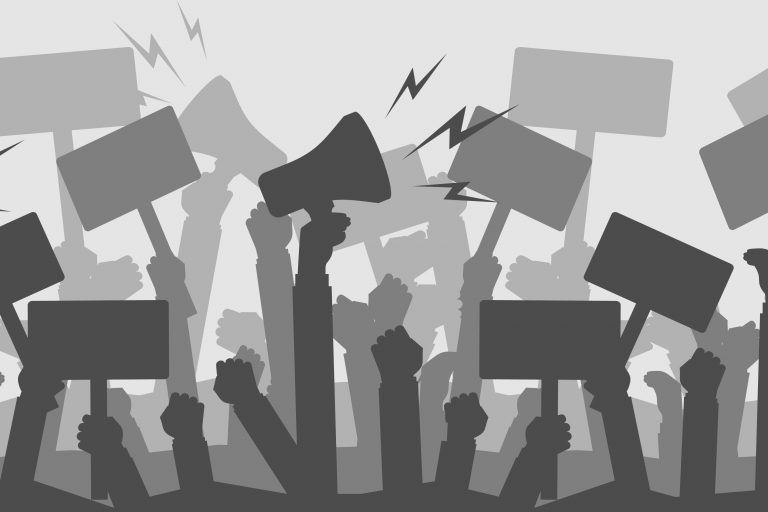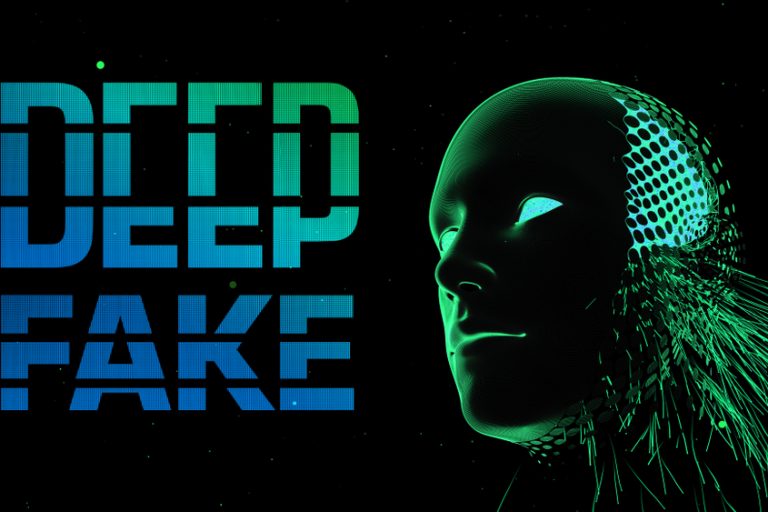My Three Cents

Ken Makovsky
Monday, February 6, 2017The War of the Words (Words of the Year, That Is)
I’ve always been fascinated by Word of the Year selections because they are comments on the mood of the times. Take “emoji,” 2015’s Oxford Dictionary Word of the Year, highlighting the rise of visual communications, and “selfie” from 2013, which Oxford called “debatably the most embarrassing phenomenon of the digital age”.
It’s not surprising that, in the past decade or so, digital technology developments have strongly influenced our collective vocabulary. However, in 2016, Word of the Year (WOTY) selections from three leading word authorities largely departed from that trend, apparently influenced by global political events and the U.S. Presidential election.
Take Oxford’s 2016 WOTY: “Post-truth.” Defined by Oxford as “relating to or denoting circumstances in which objective facts are less influential in shapin g public opinion than appeals to emotion and personal belief,” the term “post-truth” experienced a 2000% increase in usage in 2016 over the previous year. Per Oxford, its usage surged after the Brexit vote and Donald J. Trump’s securing the Republican nomination for president. Katherine Conner Martin of Oxford University Press told The New York Times that “post-truth” reflects a step past “truthiness,” a word coined by Stephen Colbert a decade ago.
g public opinion than appeals to emotion and personal belief,” the term “post-truth” experienced a 2000% increase in usage in 2016 over the previous year. Per Oxford, its usage surged after the Brexit vote and Donald J. Trump’s securing the Republican nomination for president. Katherine Conner Martin of Oxford University Press told The New York Times that “post-truth” reflects a step past “truthiness,” a word coined by Stephen Colbert a decade ago.
Oxford runners-up included “alt-right” (ideological grouping associated with extreme conservative or reactionary viewpoints), “Brexiteer” (a person who supports Brexit), “glass cliff” (related to women in leadership roles), and “woke” (socially aware or enlightened).”
The American Dialect Society — an organization founded in 1889 and dedicated to the study of the English la nguage in North America — selected “dumpster fire” as its 2016 WOTY, through a vote by its membership of linguists, lexicographers, etymologists, grammarians, historians, and other language experts. Defined as “a metaphor for a situation that is out of control or poorly handled,” the term “dumpster fire” came into prominence in 2016, very frequently in the context of the U.S. presidential campaign, noted the Society. On Twitter and other social media, the “trashcan” and “fire” emoji were combined to provide a visual representation of the phrase.
nguage in North America — selected “dumpster fire” as its 2016 WOTY, through a vote by its membership of linguists, lexicographers, etymologists, grammarians, historians, and other language experts. Defined as “a metaphor for a situation that is out of control or poorly handled,” the term “dumpster fire” came into prominence in 2016, very frequently in the context of the U.S. presidential campaign, noted the Society. On Twitter and other social media, the “trashcan” and “fire” emoji were combined to provide a visual representation of the phrase.
“As 2016 unfolded, many people latched on to dumpster fire as a colorful, evocative expression to verbalize their feelings that the year was shaping up to be a catastrophic one,” according to Ben Zimmer, chair of the ADS New Words Committee (and language columnist for The Wall Street Journal).
Finally, we have Merriam-Webster’s view on WOTY 2016. It selected “surreal,” defined as “marked by the intense irrational reality of a dream.” Merriam-Webster noted that the word surreal spiked in “lookups” for different reasons over the course of the year, citing the Brussels terror attacks in March, the days following the coup attempt in Turkey and the terrorist attack in Nice, Prince’s death, the Pulse nightclub shooting in Orlando, the Brexit vote, with “the largest spike in lookups for surreal following the U.S. election in November. “ To me, Merriam-Webster says it all…












